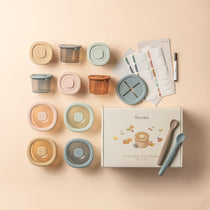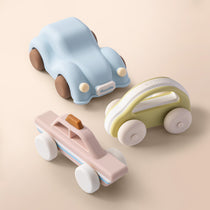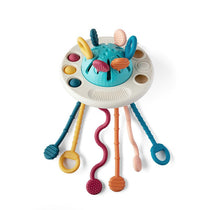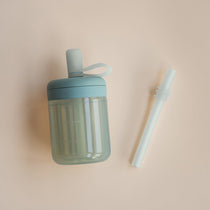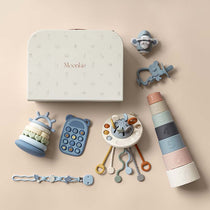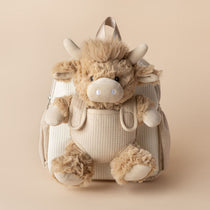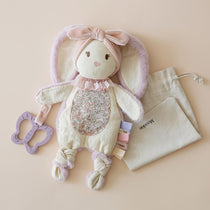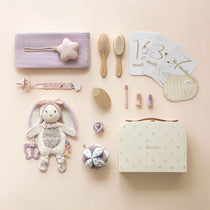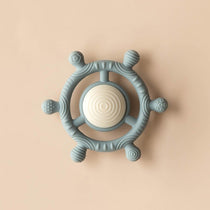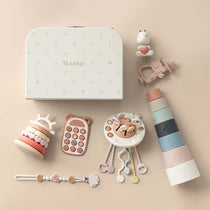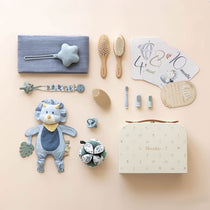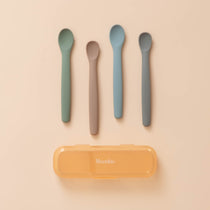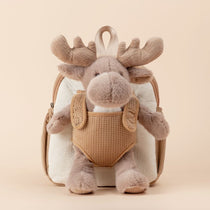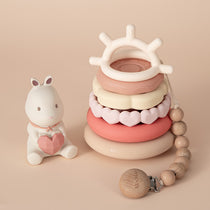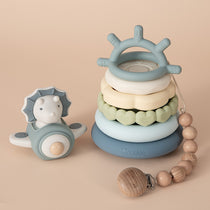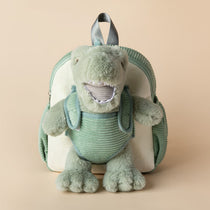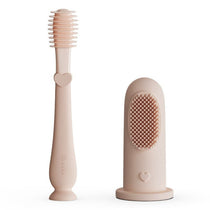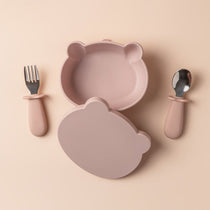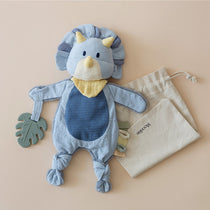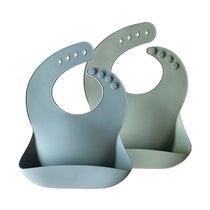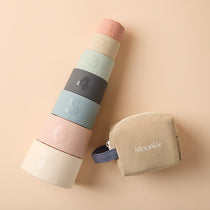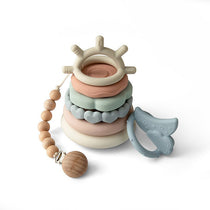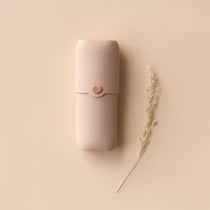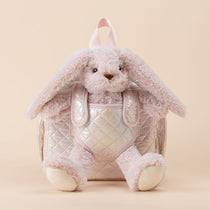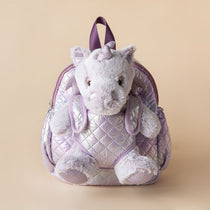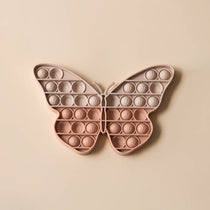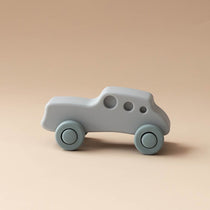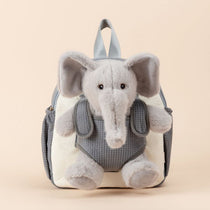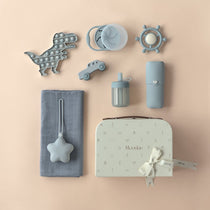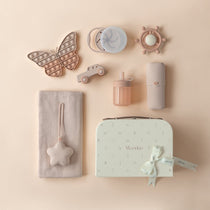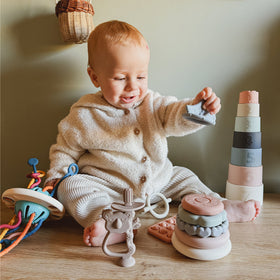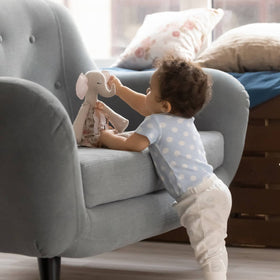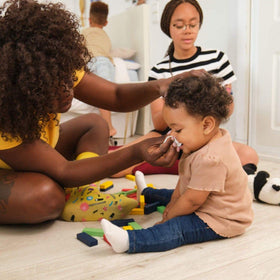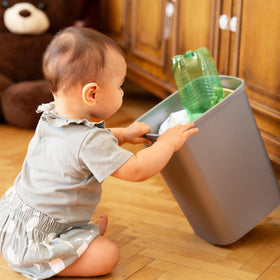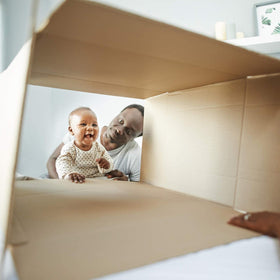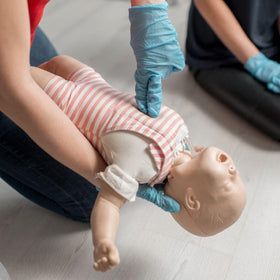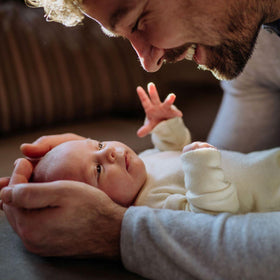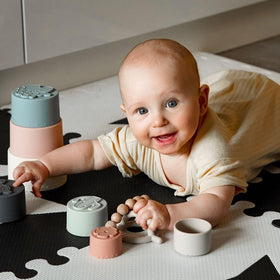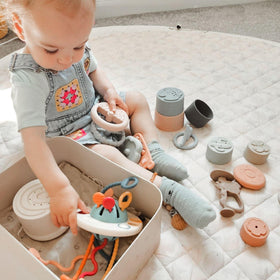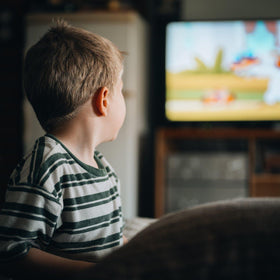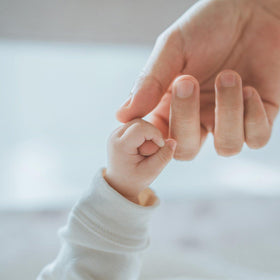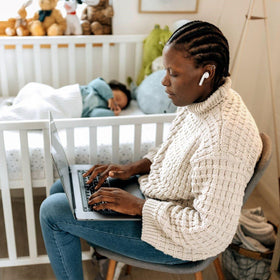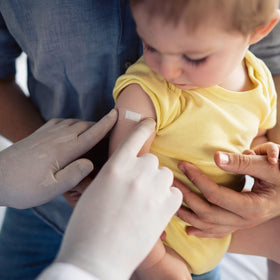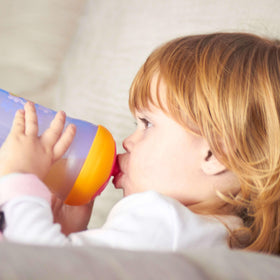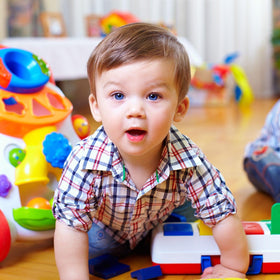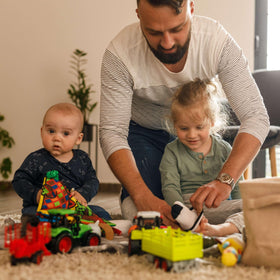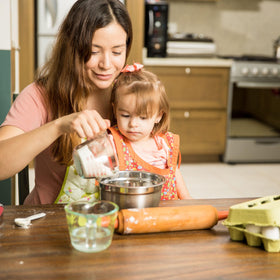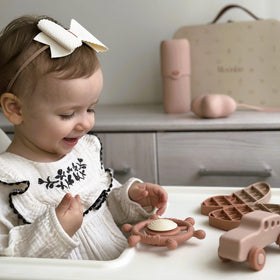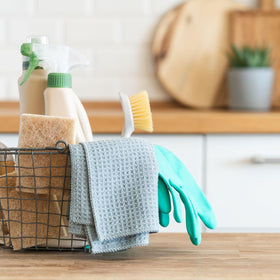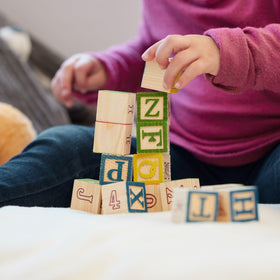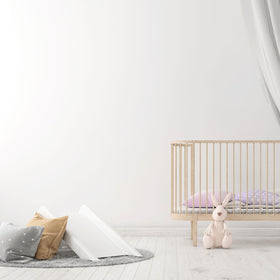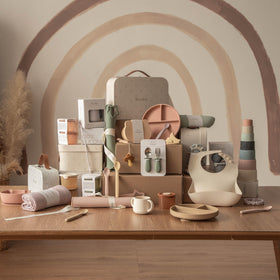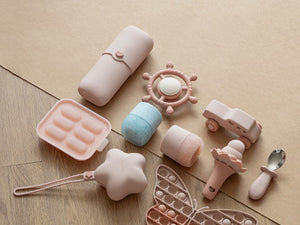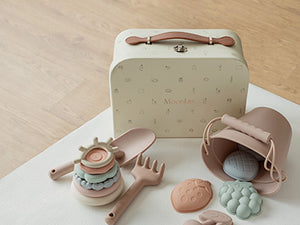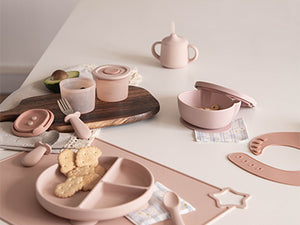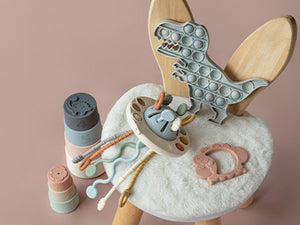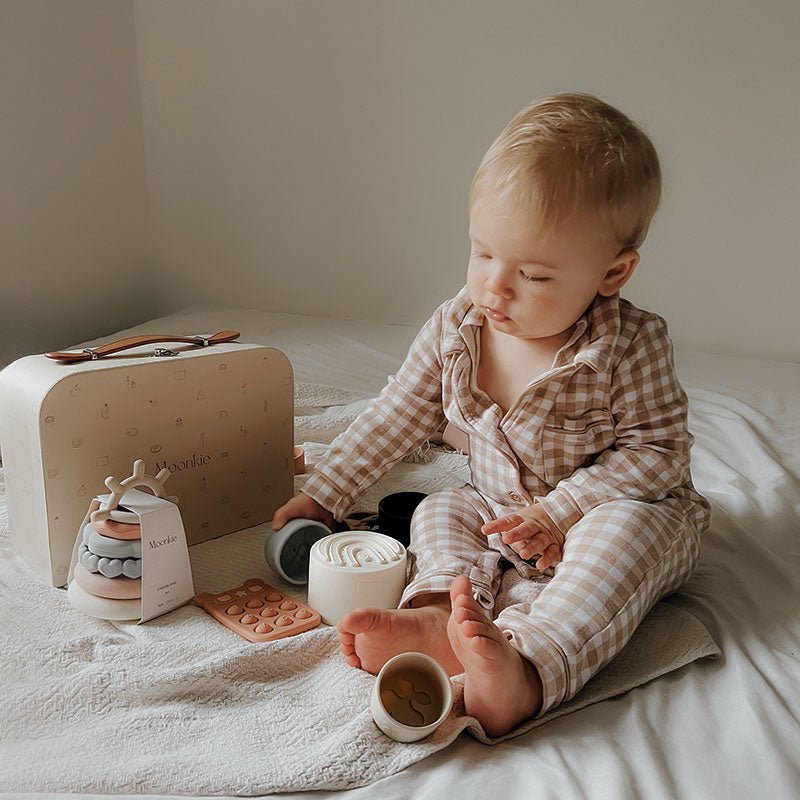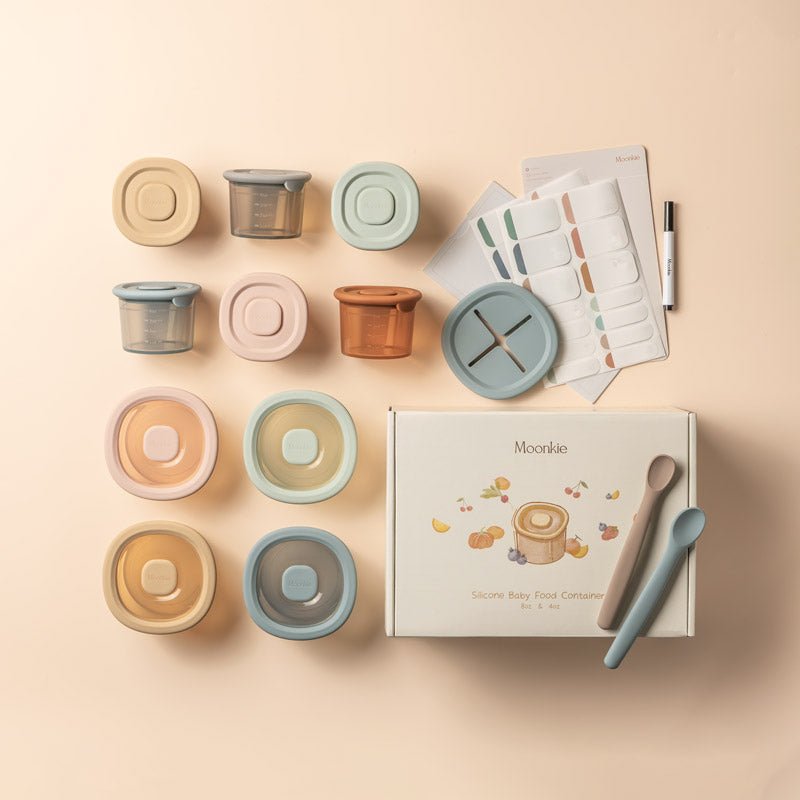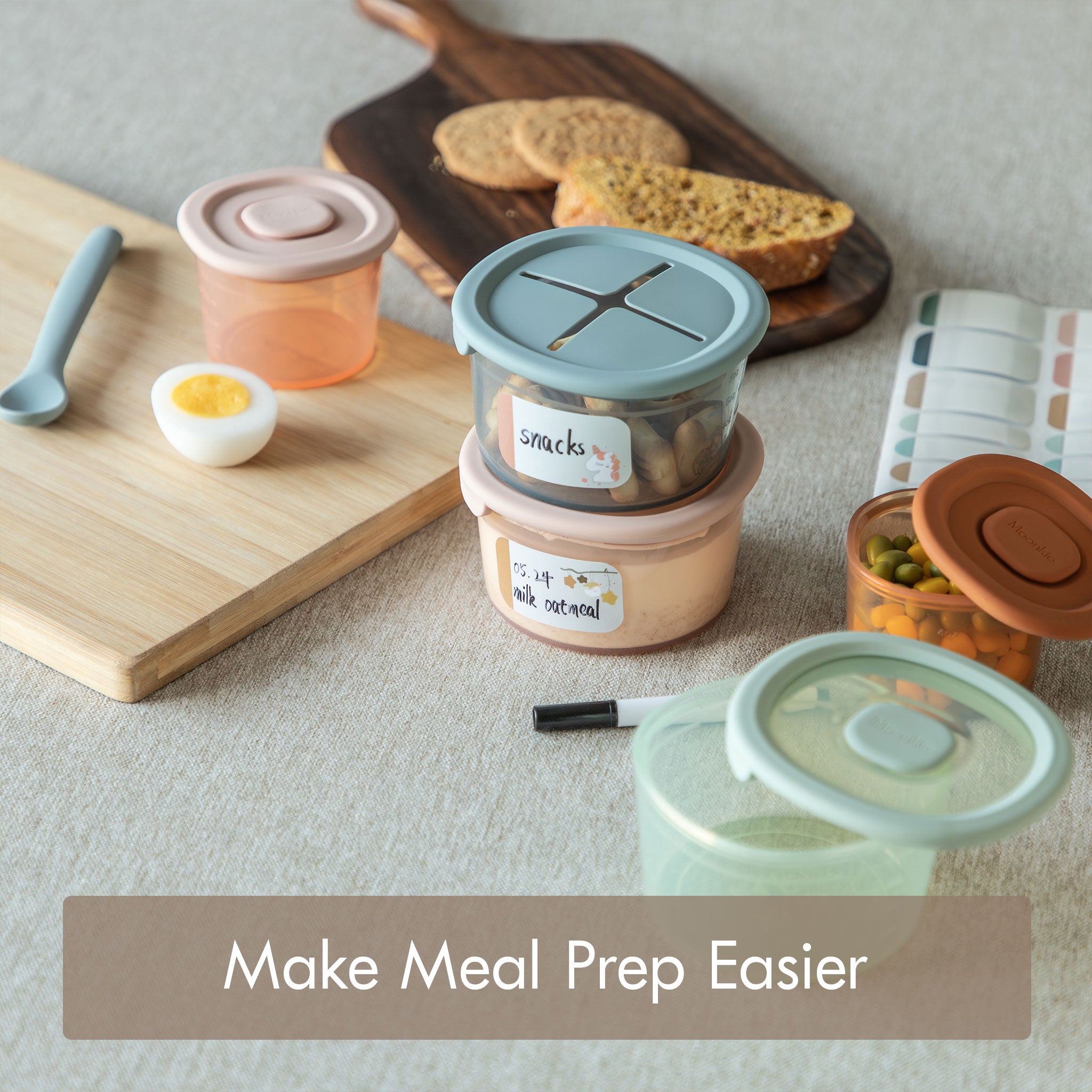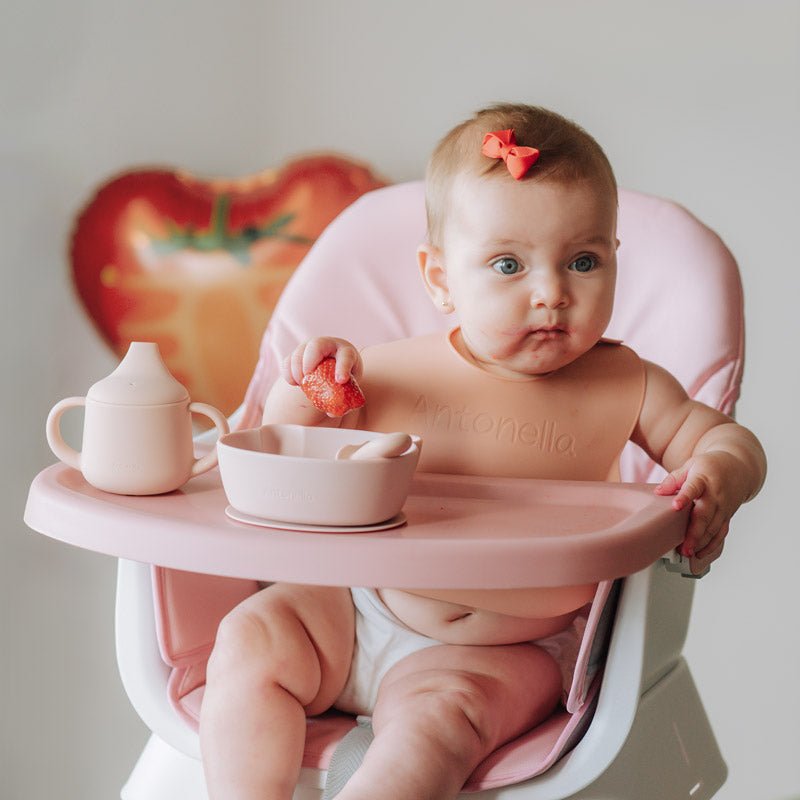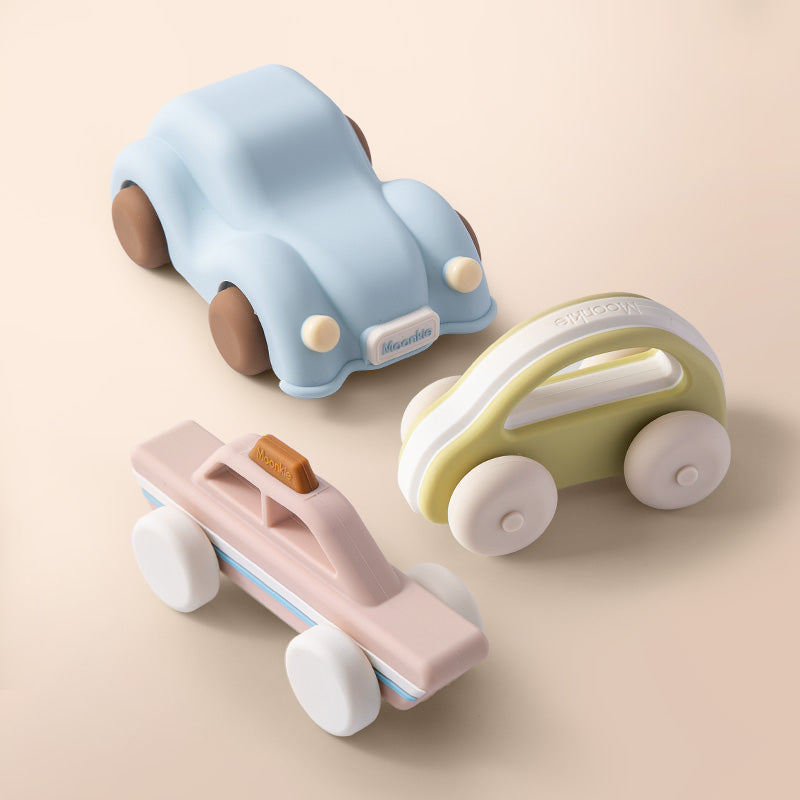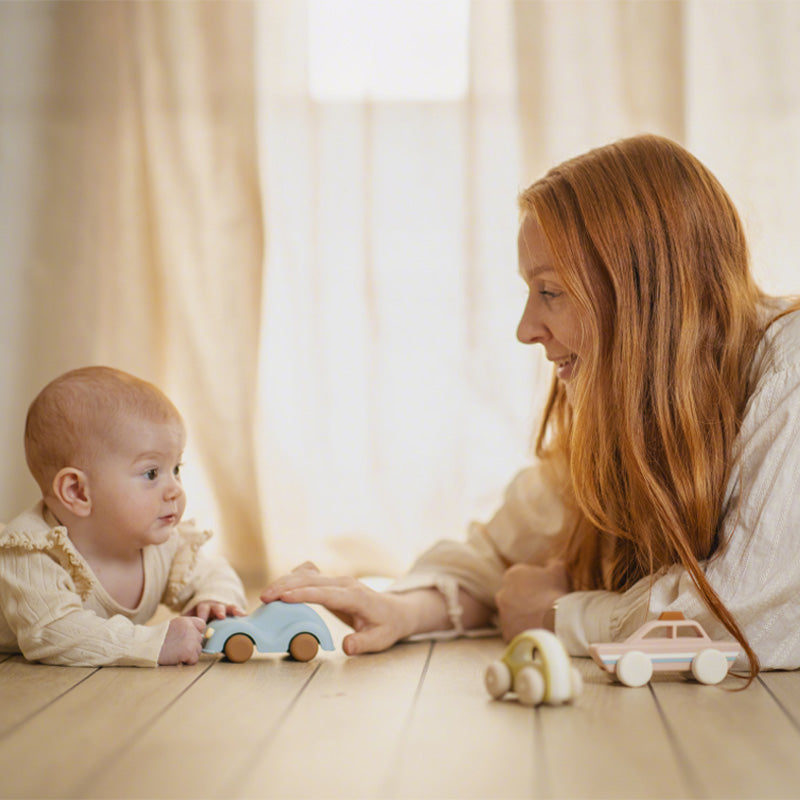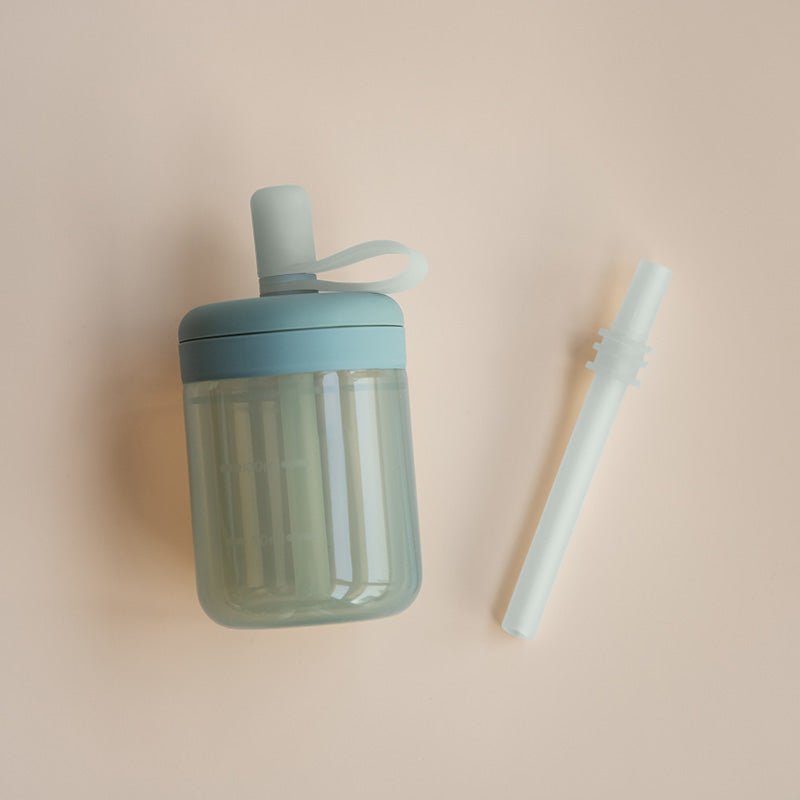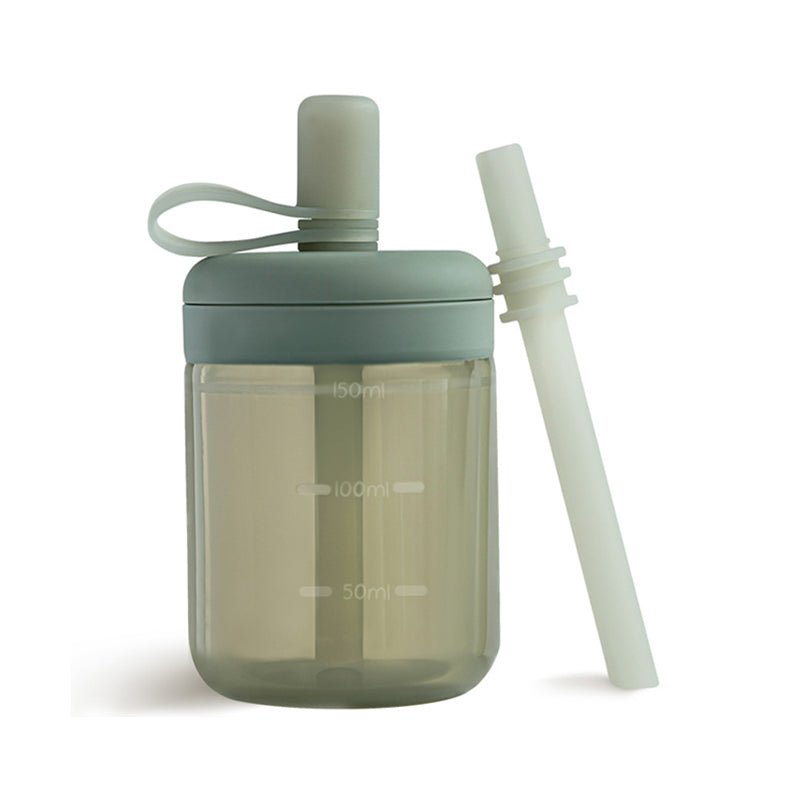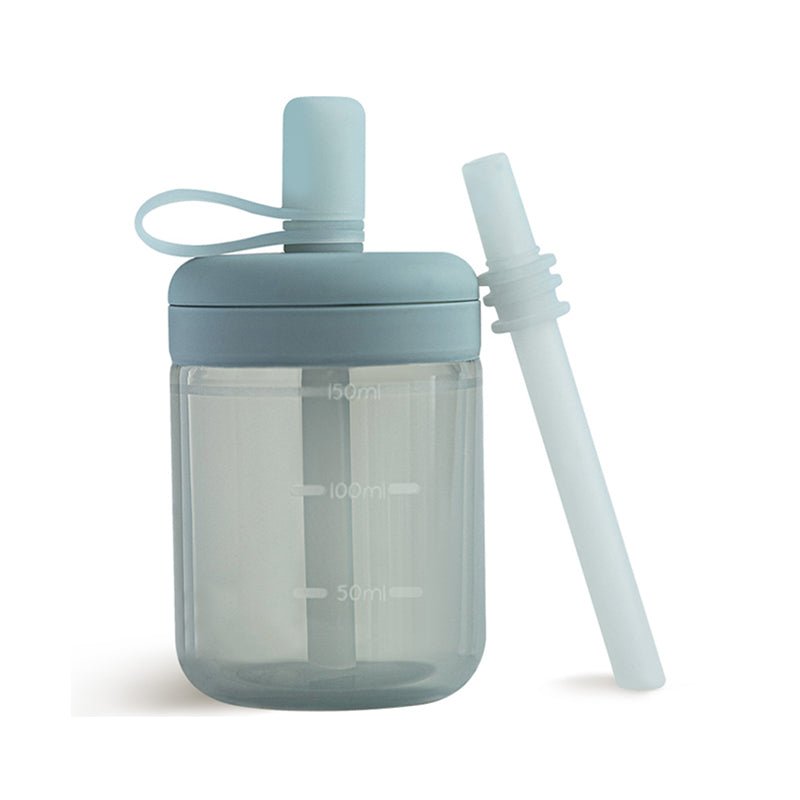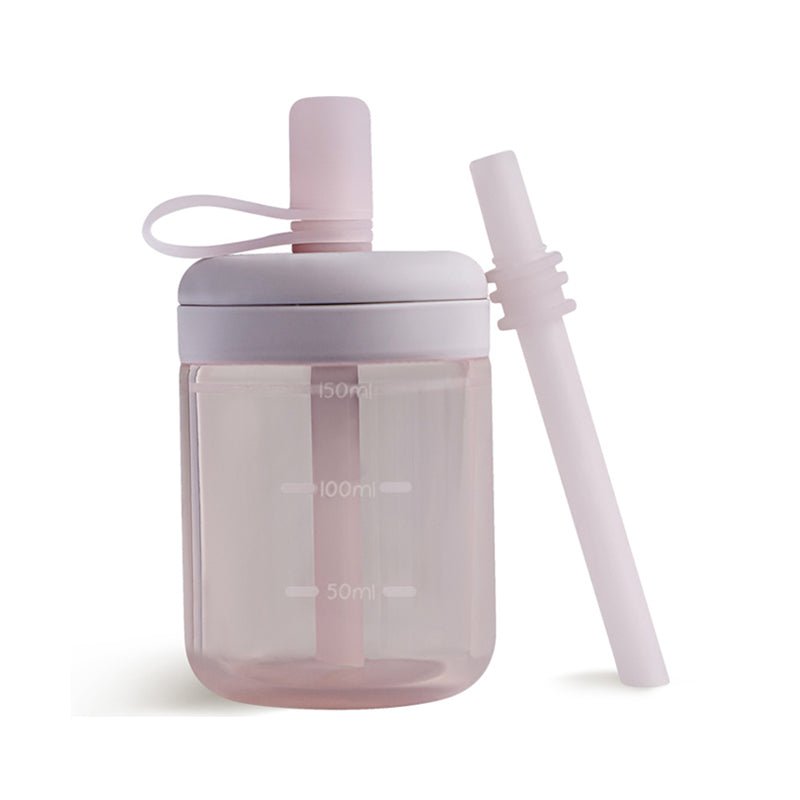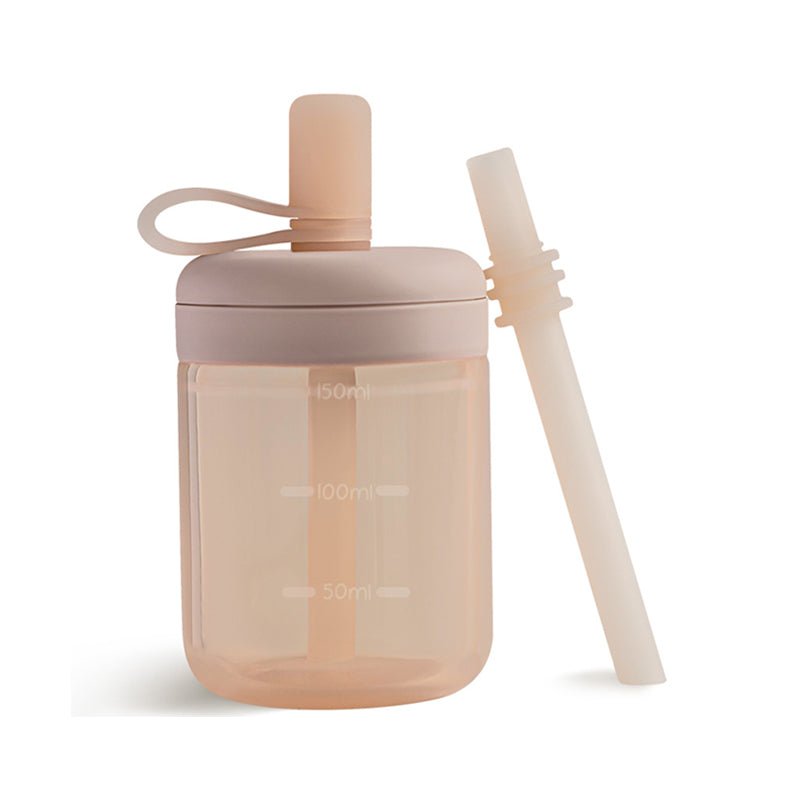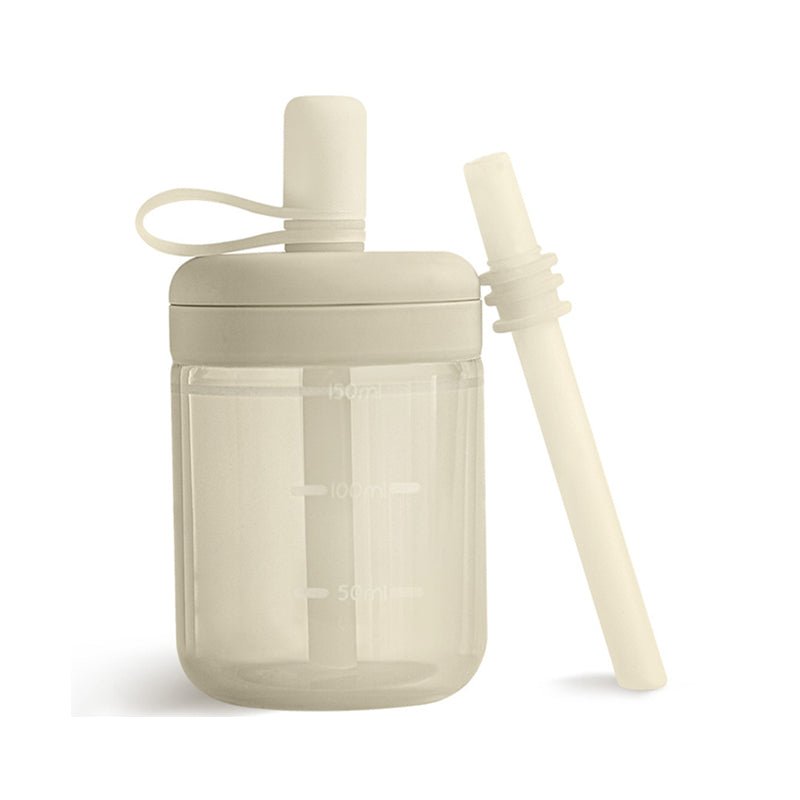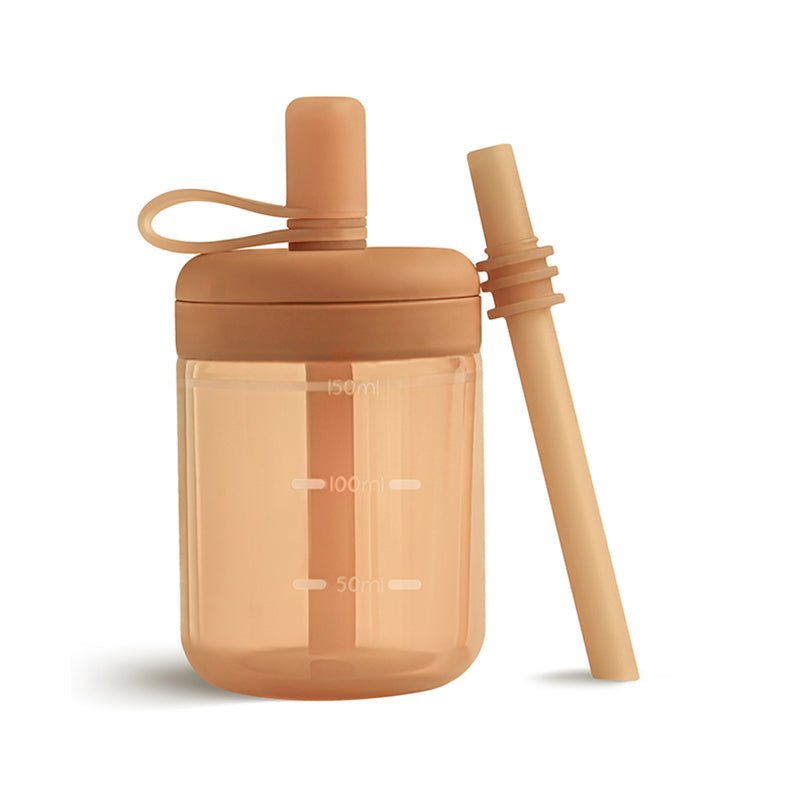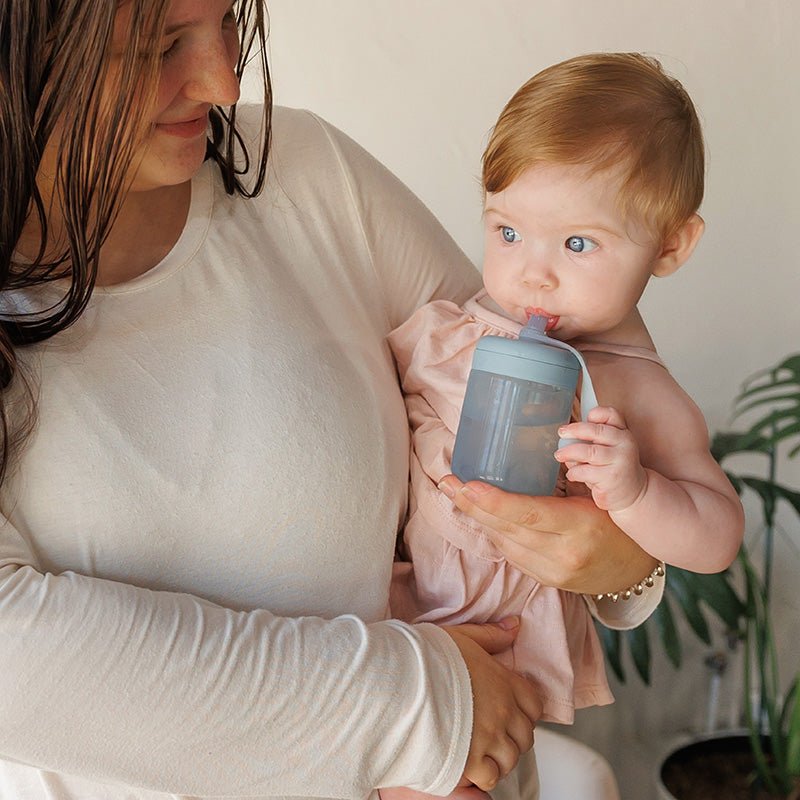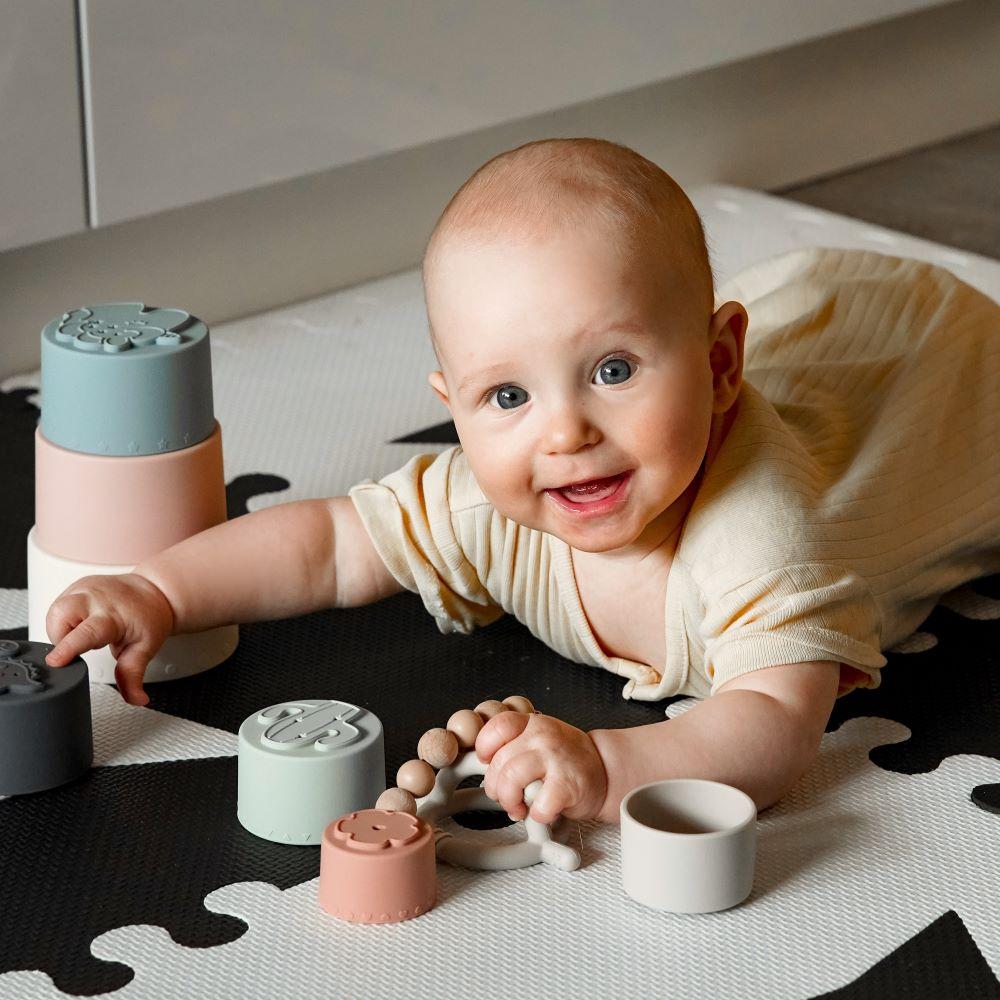Before children, you likely had more time to nap when needed, shower consistently, and keep up a hobby or two. Unfortunately, that time goes out the window with a newborn around. How important is taking care of yourself to your baby's development anyway?
Taking care of yourself is vital to your baby's development. Parents who are well-rested, eat healthily, socialize with friends, keep up with a hobby, and get exercise cope better with their baby's crying, constant needs, and upsets. Healthy parents promote their baby's development.
However, stating a fact is far from putting it into action. Time is limited with a little one around (the younger the baby, the less free time you have). Other challenges may also stand in the way of taking care of yourself: demanding work, other kids, special needs, and many others.
Yet, your self-care is probably even more important to your little one in such cases. Let's talk about it!
What Is Self-care?
Self-care involves everything you do to maintain your physical, mental, emotional, and spiritual health. Some elements are common to everyone (hygiene, diet, exercise), but others vary from person to person.
For example, an introvert satisfies her need for connection differently than an extrovert, but they both need to eat well, exercise, and touch grass sometimes to maintain their physical health.
Of course, how to exercise or eat well and how much differs for each person. So, defining self-care for yourself requires that you know yourself well.
Here are the general guidelines to help you identify what you need for self-care.
Physical Care
Our bodies are cleverly designed to stay in motion, so sitting around too much is a surefire way to cause health problems (source). This is especially vital for mothers healing from 9 months of pregnancy and birth.
According to the CDC (America's Centers for Disease Control and Prevention), adults need a surprisingly difficult-to-get 150 minutes of moderate-intensity exercise every week--the bare minimum. They also suggest 2 days of muscle-strengthening activity per week (source).
Spending Time Outside
Getting outside in the sun provides massive health benefits that too many newborn parents are tempted to skip. Exposure to sunlight aids your body in creating vitamin D, releasing endorphins, managing serotonin and melatonin, and regulating your body (source).
Sunlight is also crucial to reducing the possibility of developing several cancers, neurological conditions, and cardiovascular disease (source). And all of these benefits are just what movement and sunlight do for you--they work wonders for your baby's development, too!
Learn more about the benefits of going outside for your little one by reading our article: Why Your Baby or Toddler Needs to Spend More Time in Nature.
Eating a Healthy Diet
Eating a healthy, well-rounded diet is also vital to your health and your baby's. However, folks often get lost in the keto, paleo, Mediterranean, or whatever diet, especially while trying to lose baby weight.
You will likely have more success if you commit to not eating out more than once a week, drinking plenty of water, and exercising daily. Then, you just have to keep up with what to eat.
For the sake of your sleep-deprived mind, keep it simple: eat food that was grown(meat, plants, produce, fruit, seeds, nuts), not processed.
Even better, ensure at least half of every meal is vegetables, and eat as many colors of vegetables as you can in a day. Lots of dark greens, some reds, oranges, and yellows--doing so will help you get a wide range of vitamins through your diet.
The risk of relying on processed and ultra-processed foods for quick meals is ramping up your chances of a later struggle with diseases, particularly diabetes, heart disease, obesity, and even depression (source).
Sleeping Enough
Sleep is elusive with a newborn around, which is okay for a time. However, sleeping about 7 or more hours a night is (actually) essential to your physical and mental health (source).
It's true that some individuals need less sleep than others, but your body needs a long stretch of sleep so it can "wash" itself of metabolic "trash" (source).
Cutting out sleep time habitually can impact a number of things, including weight, insulin production, hypertension, blood pressure, and mind state (source).
Besides, we all know that decent sleep helps us handle life's pressures. So, instead of staying up late scrolling social media or watching videos, get to sleep!
Mental and Emotional Care
Your physical health is inherently linked to your mental and emotional health, and vice versa. For example, getting outside for fresh air and exercise puts you in a calmer mindset and releases endorphins to feel better. More sleep makes you stress less and think more clearly.
Yet, parents who prioritize their physical health may overlook activities that improve their mental and emotional health.
Time Blocking
Whether you like it or not, you now have less time to do everything you were doing before your baby's arrival, plus some. If you don't keep a check on the pressure you feel from your daily to-do list, you may begin to feel like you are surviving by putting out fires.
One way to manage your mental health is to manage your sense of overwhelm by time blocking. Time blocking is when you give yourself a certain amount of time in the day to do something specific.
For instance, you may set a timer for 15 minutes mid-morning and late afternoon to clean the house or 30 minutes to cook each meal and clean the cooking mess.
Time blocking doesn't have to be tied to the clock, so it's not as strict as scheduling. However, it helps allow time to work on your to-do list items, make progress, and let yourself stop.
Time blocking also makes you work more efficiently because you give yourself only a certain amount of time to complete each task.
Letting Stuff Go
You can interpret this point two ways: decluttering what you don't need and avoiding perfectionism. First, if you don't need or use something, you can probably do without it. Getting rid of clutter works wonders for one's mindset!
Second, having a sparkling clean, well-organized house is not worth feeling overwhelmed or losing significant time with your little one. It's okay to have dirty dishes in the sink, laundry piled in the laundry room, and toys scattered in the living room.
Give yourself a set amount of time to work on the chores two or three times a day, but let the rest go. Your kid(s) will not grow up thinking about how clean everything was at home; they will think of time spent with you.
Socializing with Other Adults
Connecting with other adults keeps you sane, whether you're introverted or extroverted. You need to spend time with your partner, keep up with family members, and hang out with friends, even for just a few hours each month.
People need people for emotional support, to get new ideas, to decompress, and to feel encouraged (source). Connecting with others is even more vital when under the pressures of parenthood!
Keeping a Hobby
Keeping a hobby is a fantastic way to decompress, continue building skills, exercise problem-solving without stress, and connect with other like-minded individuals (source).
Time spent on a hobby is typically one of the first time-suckers on the chopping block after having kids. But that is time invested in your own mental and emotional well-being.
Sure, it's realistic to cut hobby time down to once a week or a few times a month, but you should avoid dropping it entirely.
Self-care Takes Care of Your Baby Too
The long and short of it is this: taking care of yourself meaningfully impacts your baby's development. Proper self-care leads to positive mental and emotional health for you, which makes bonding with your baby and handling her struggles easier (source).
When you feel healthy, purposeful, and supported, you pour more affection and unconditional love into your child more readily, which makes your child feel loved, safe, and encouraged (source).
Children growing up this way develop a strong sense of self-worth, healthy coping mechanisms, and positive emotions.
Emotional Regulation and Resilience
Taking care of yourself helps you regulate your emotions when the going gets tough. For example, you are more likely to keep your cool handling your colicky baby in the middle of the night if you have had time to decompress recently or know a time to decompress is coming soon.
The same holds true for handling toddler tantrums. It's so much easier to emotionally cope with baby and toddler antics day in and day out when you are not simultaneously battling your physical, emotional, or mental health.
Positive Interactions
Being well-rested and in good health makes being present and engaged during playtimes and feedings more likely, which makes bonding more doable!
Dads are not off the hook when it comes to self-care because they play a big role in bonding, too! Read more in Bonding with Your Baby: Why Dads are Just as Important as Moms.
Physical Health
Taking care of yourself also impacts your child's physical health. For example, kids who grow up watching their parents eat well, get outside, and exercise are likelier to do the same, lowering the risk of disease and improving their overall health (source).
Basically, taking care of yourself "normalizes" healthy habits, and your child will probably practice many of those habits later in life.
However, some studies suggest that positive relationships and bonds with parents, especially from infancy, promote healthy development—not just a healthy lifestyle (source).
You can read more about bonding and baby development in The Science Behind Bonding with Your Baby: A Comprehensive Guide.
What Happens If You Don't Take Care of Yourself?
It's okay to feel down sometimes or to skip a shower on a particularly hectic day, but making a habit of skipping self-care will gradually weigh heavier on you and your child over time.
When you don't feel well, you lack the energy to spend quality time bonding with your baby. Now, add stress, anxiety, and overwhelm to not feeling well physically.
Regardless of which came first, you are probably primed to break down or blow up when several problems arise at once. Regularly doing so will make the person your baby should feel the most safe with seem unpredictable, causing stress in your little one.
Risk of Postpartum Depression
1 in 7 mothers develop postpartum depression, and, left unchecked, it can continue for months, affecting bonding (source). Don't be fooled! Fathers can struggle with postpartum depression as well.
Postpartum depression in either parent impacts everyone and everything in the home, so if you find yourself struggling with any of the following, reach out to your doctor:
trouble sleeping
mood swings
poor appetite
crying randomly
suddenly feeling sad, overwhelmed, or anxious
Read How to Bond with Your Baby When You're Struggling with Postpartum Depression to learn more about postpartum depression, how it affects your baby, and how to combat it.
Adults who grew up with unaffectionate, distanced parents tend to have low self-esteem, struggle with self-control, and tend to be anti-social (source).
Recognizing postpartum depression and seeking help early on will help protect your health, your family culture, and your baby's development.
In a Nutshell
How you treat yourself is an example of self-care your little one will one day default to without thinking. Everything you say about yourself and others or do for yourself and others is a lesson for your child. In essence, babies and toddlers are little sponges looking to you to lay the foundation for the rest of their lives.
Don't let this scare you! You are your baby's world for the first few years. Enjoy this time; find joy in the little things. Take deep breaths, treat yourself well, and love fully—one moment at a time.


